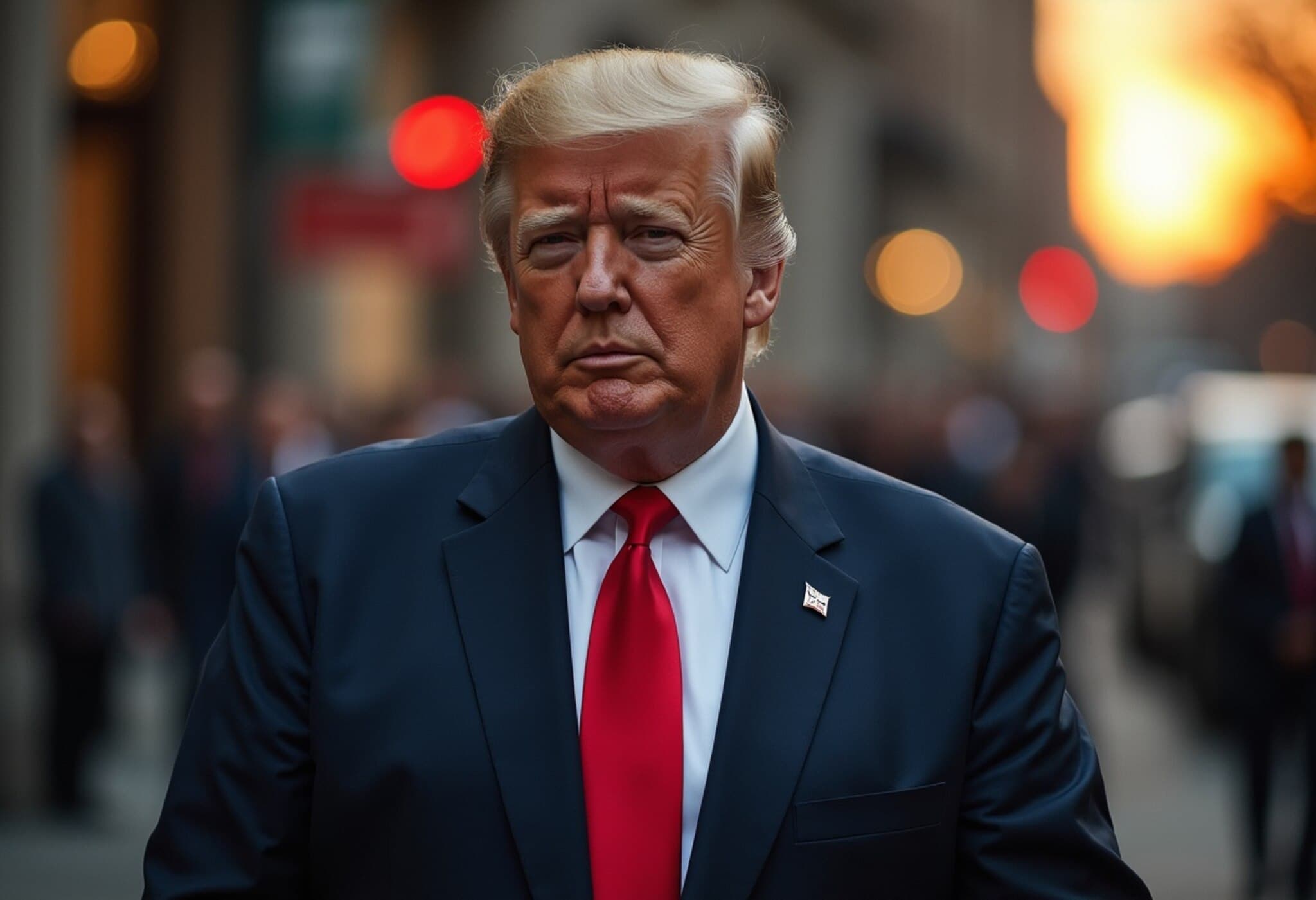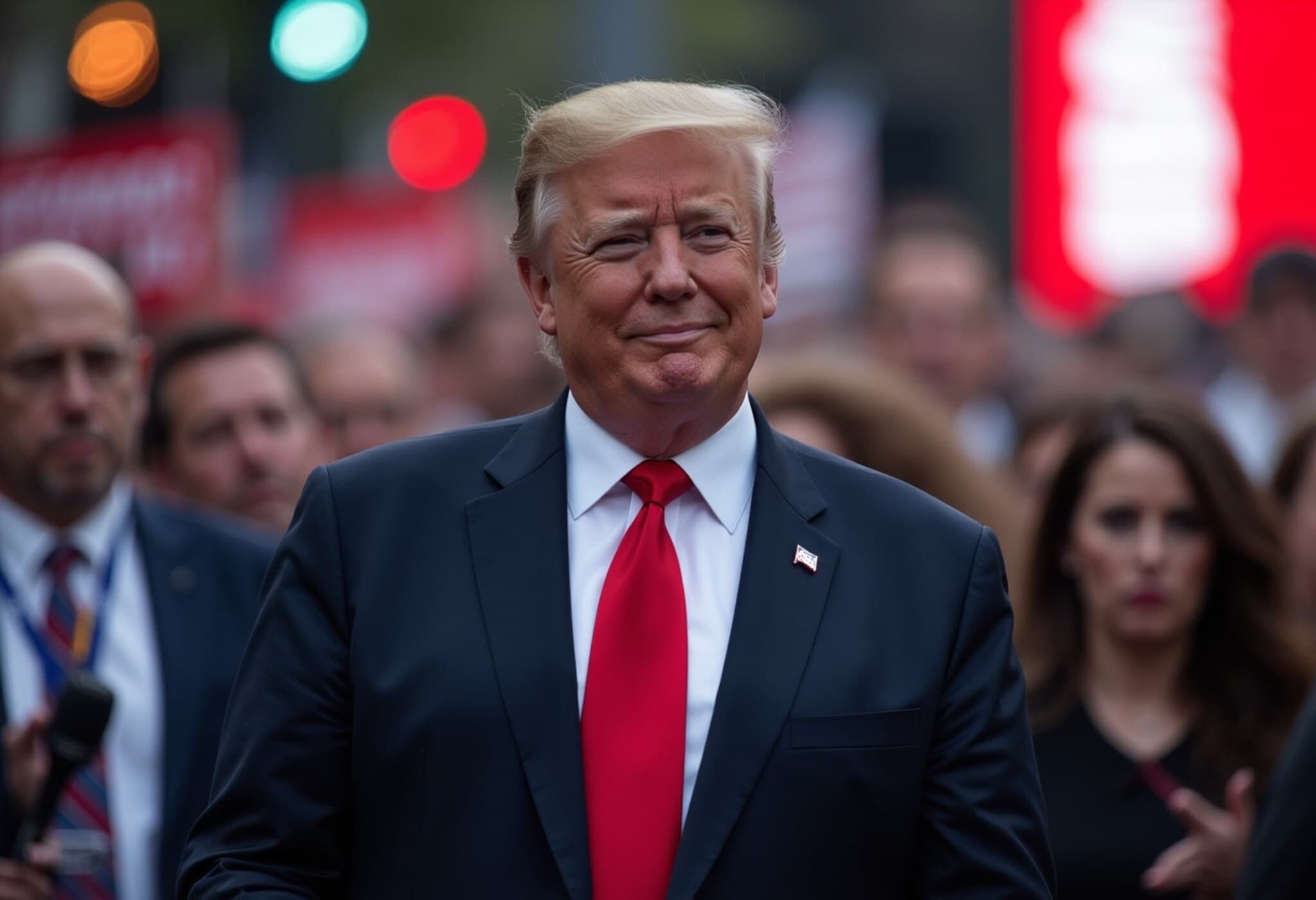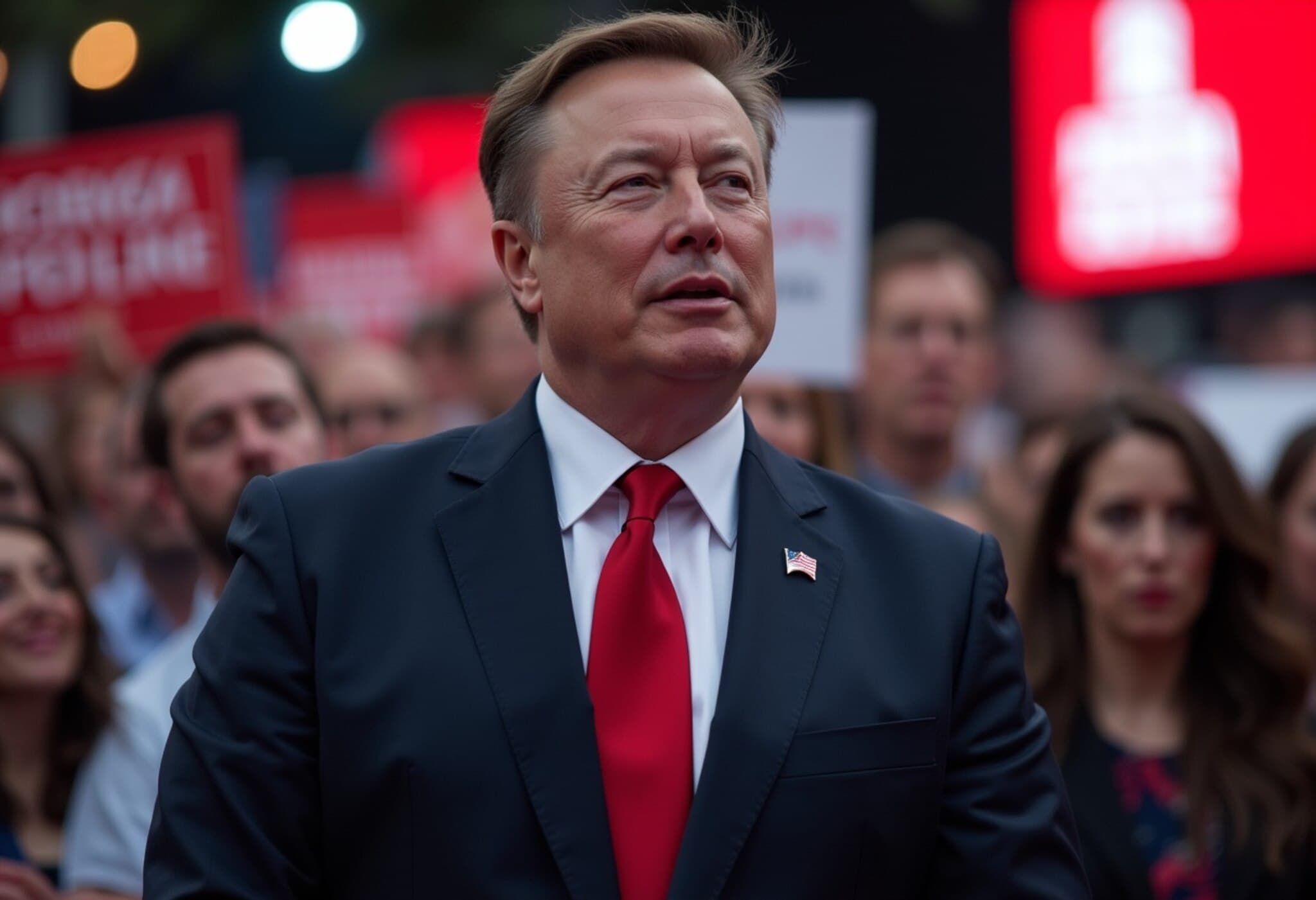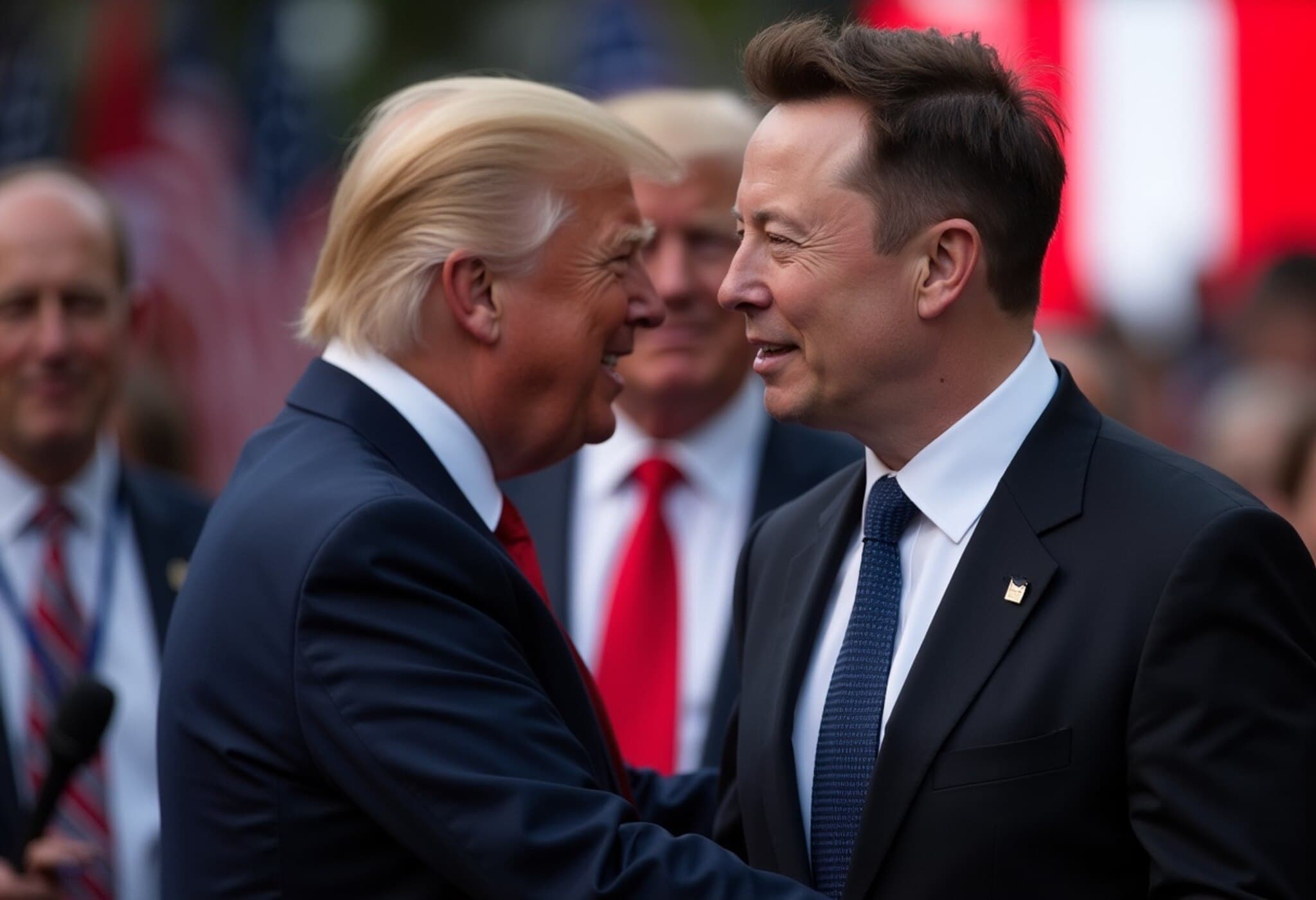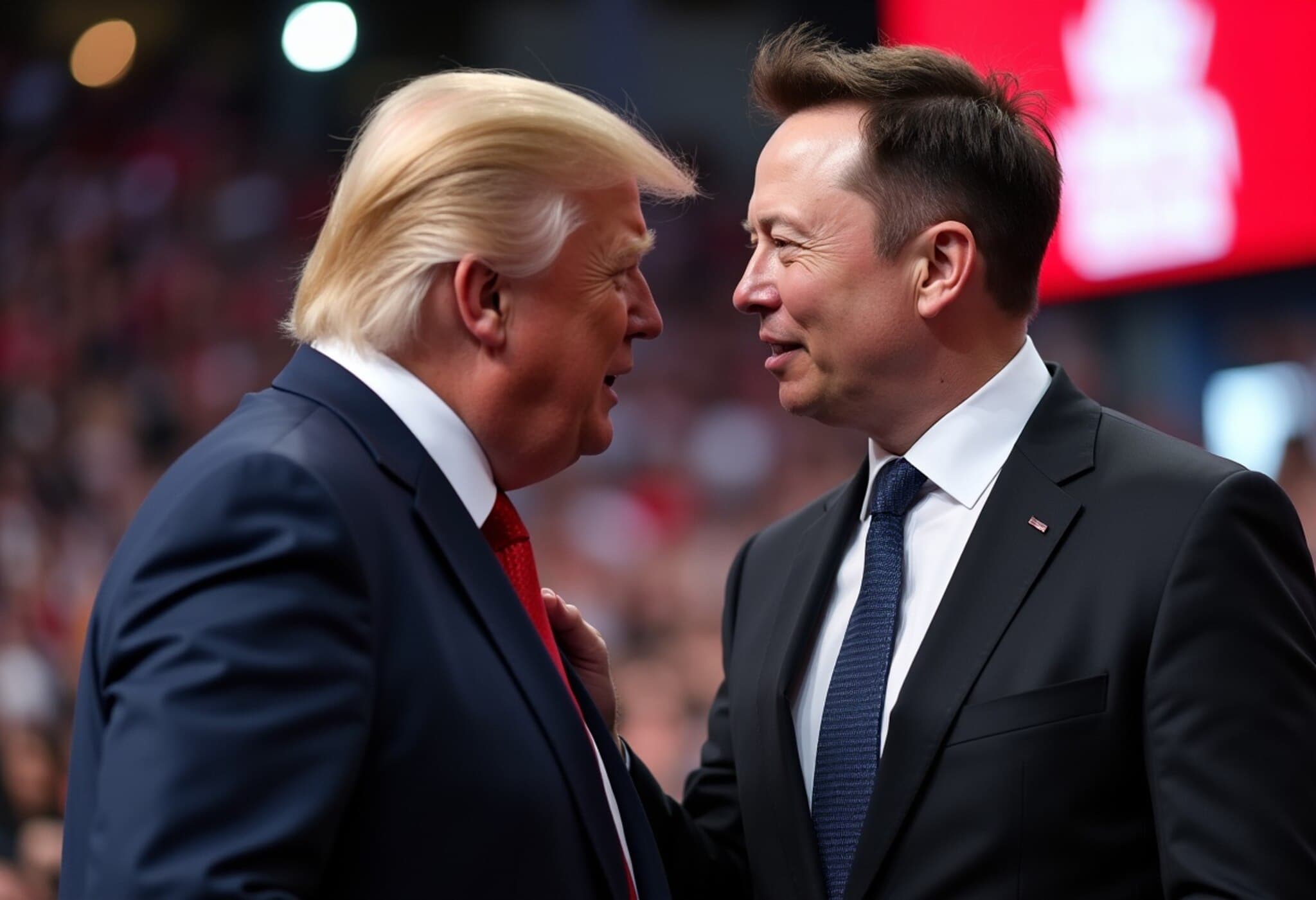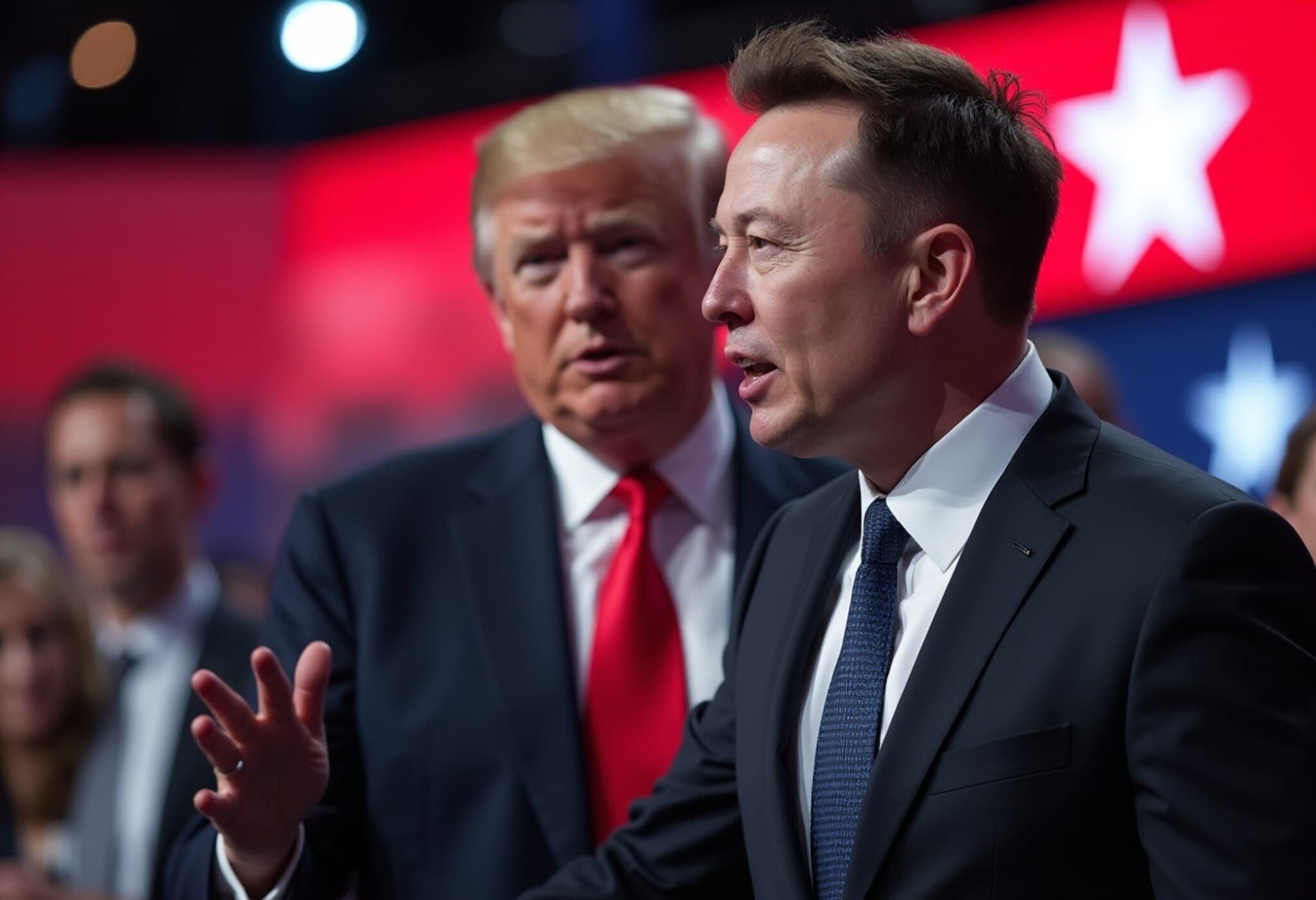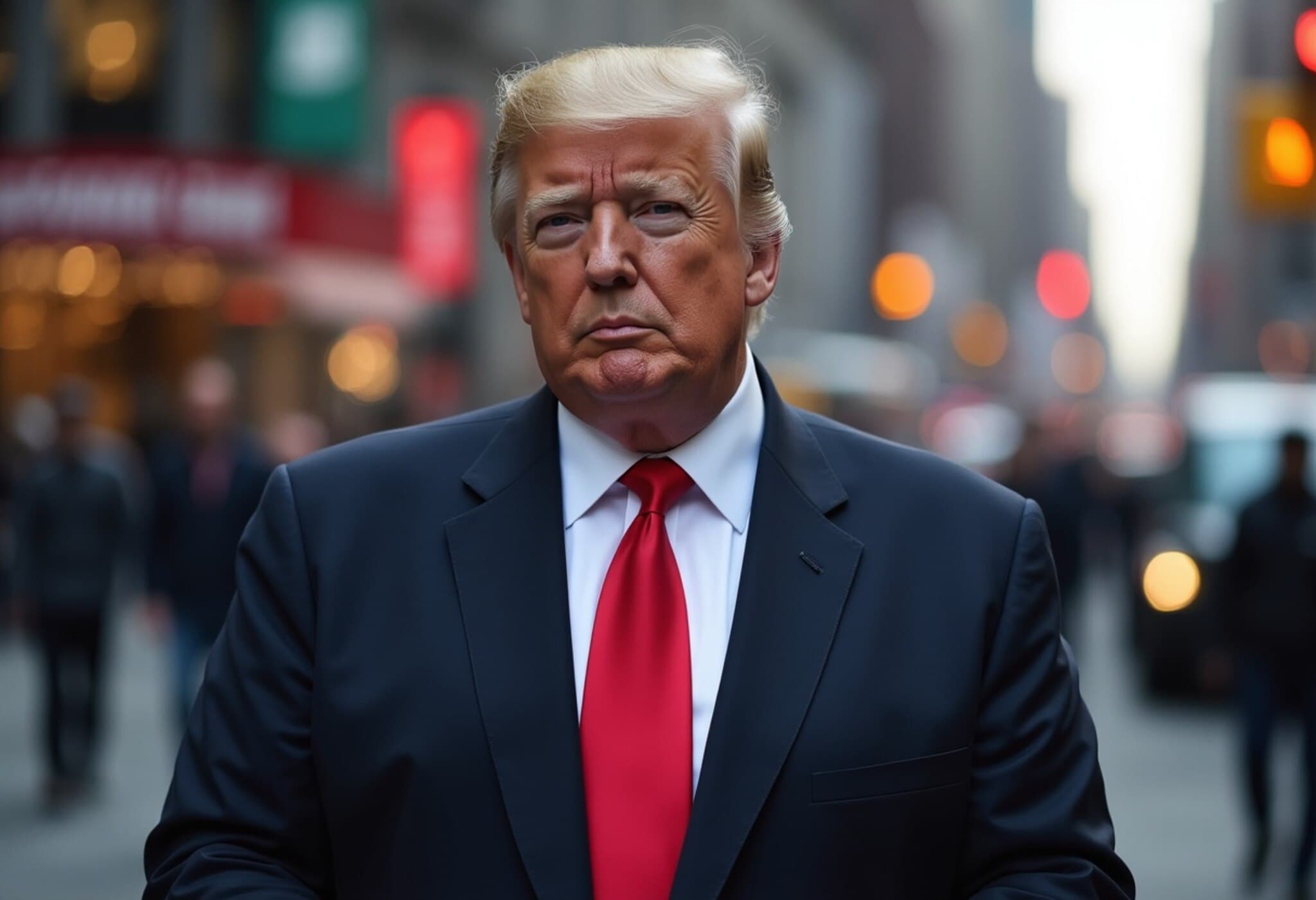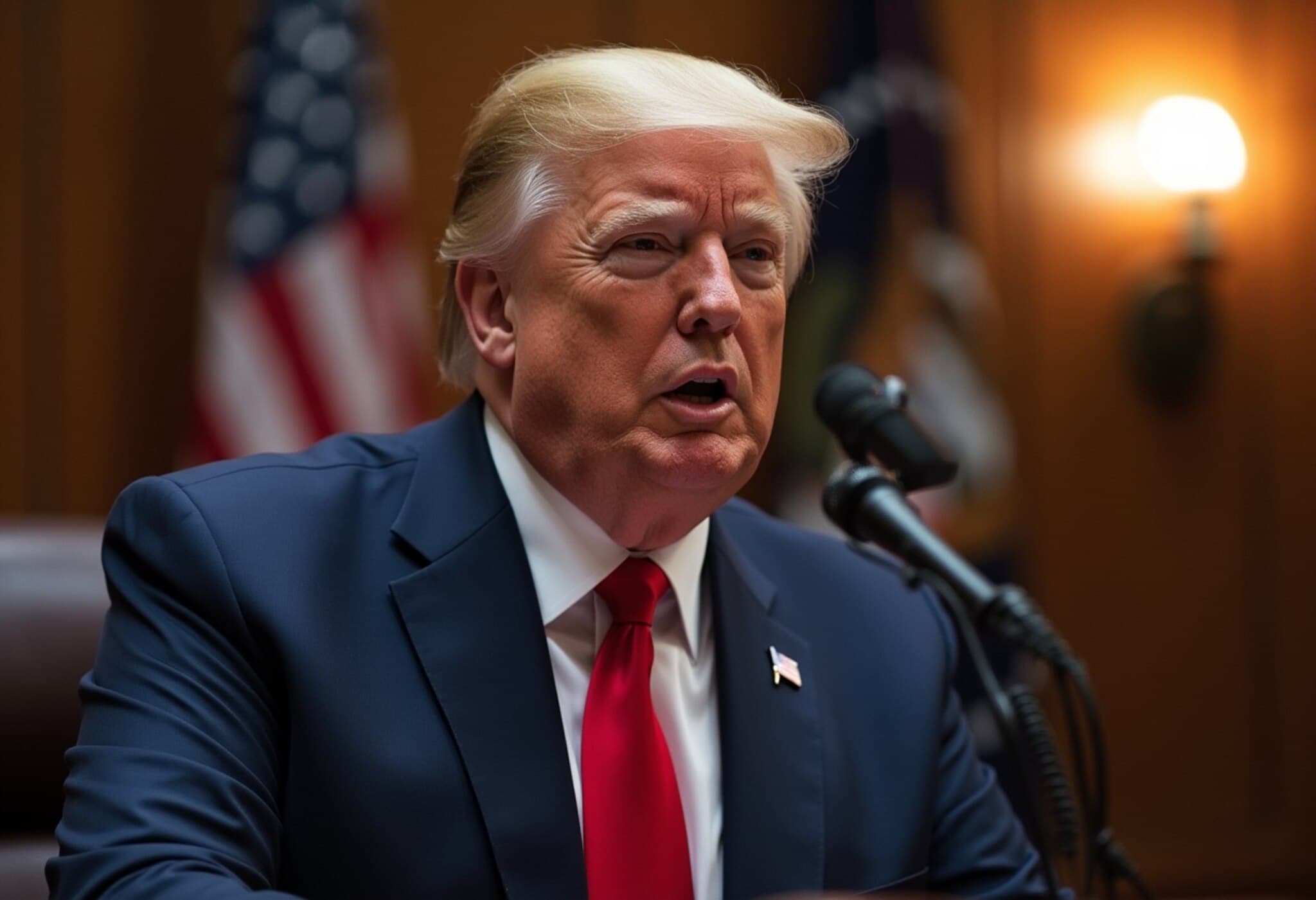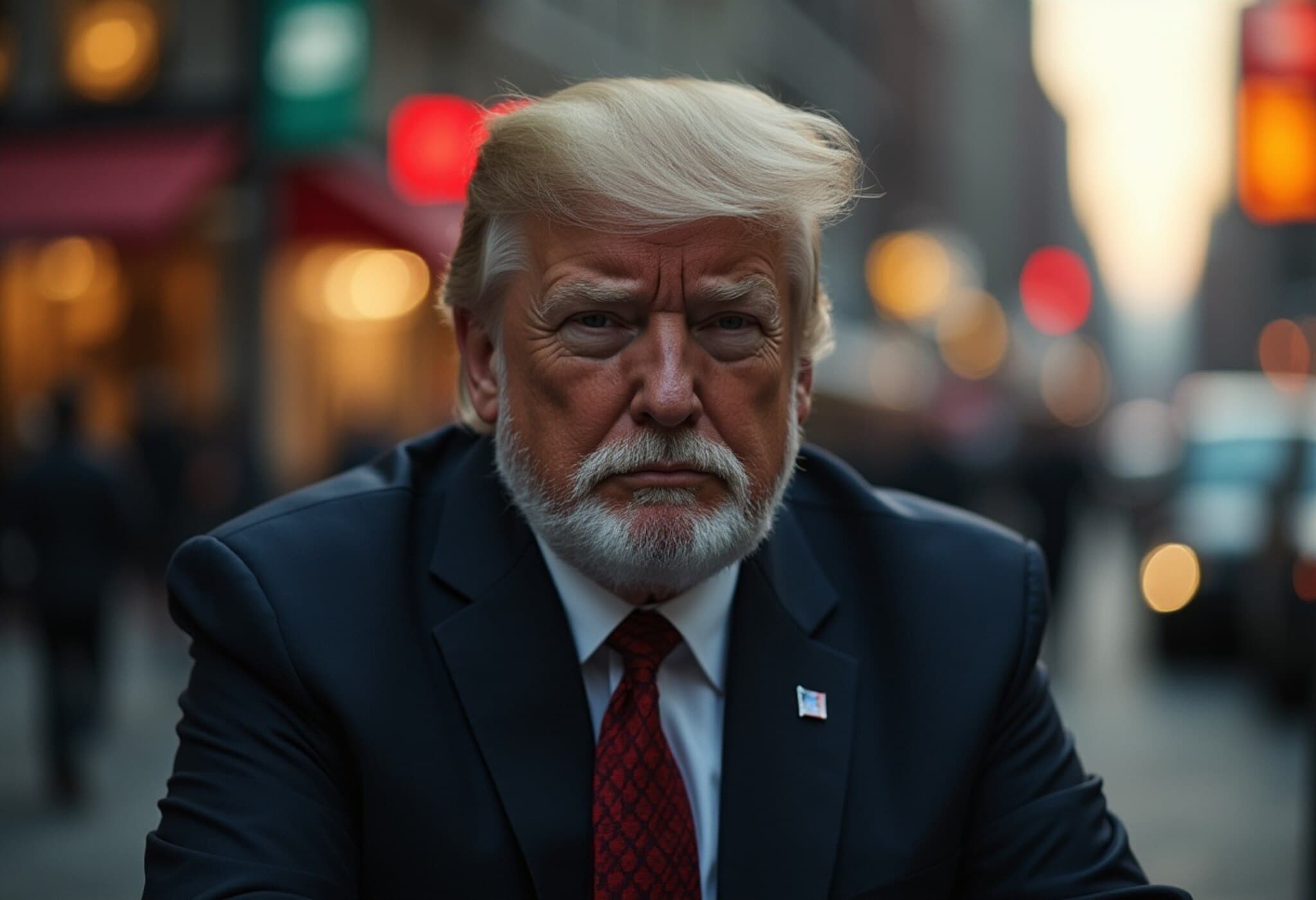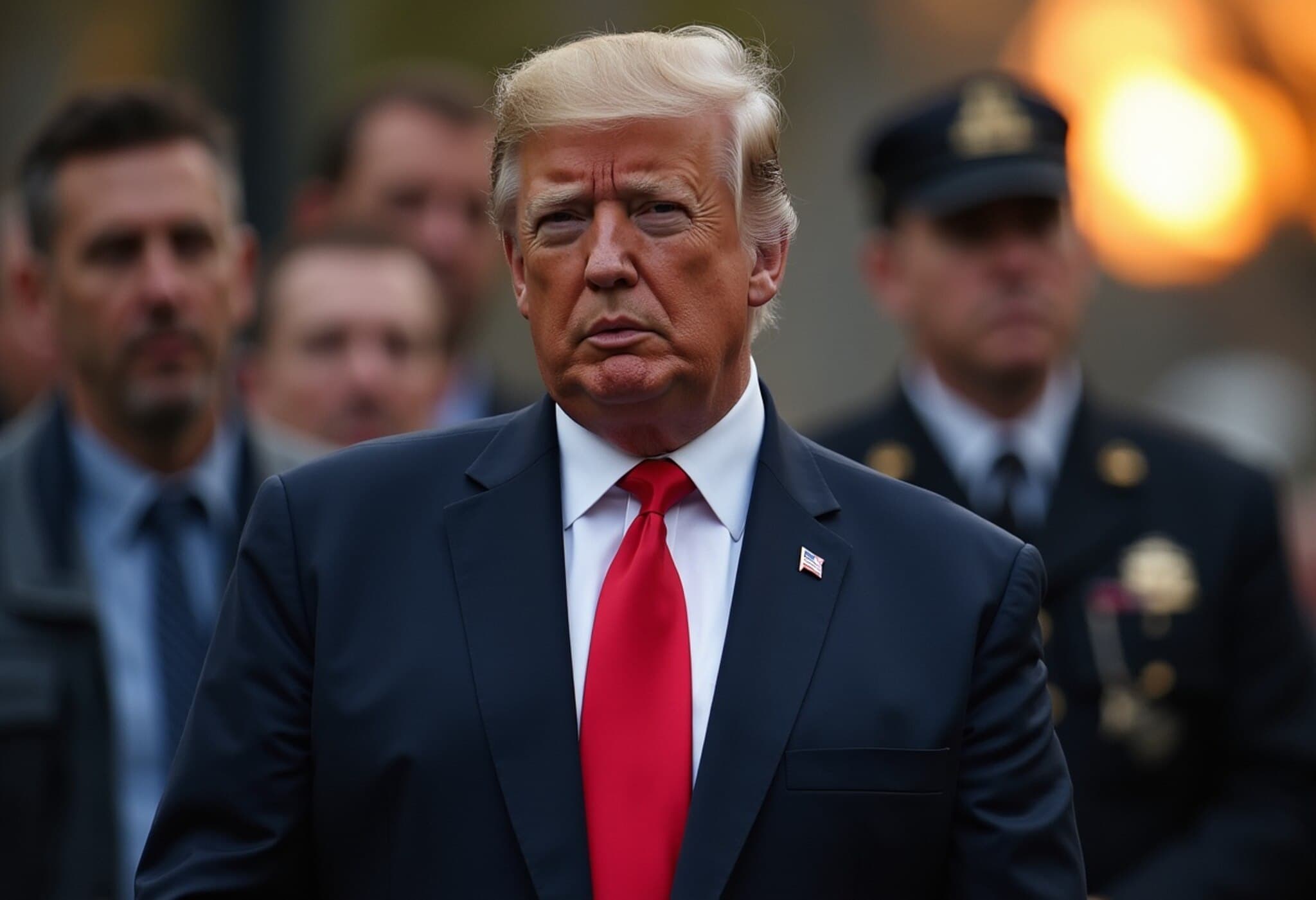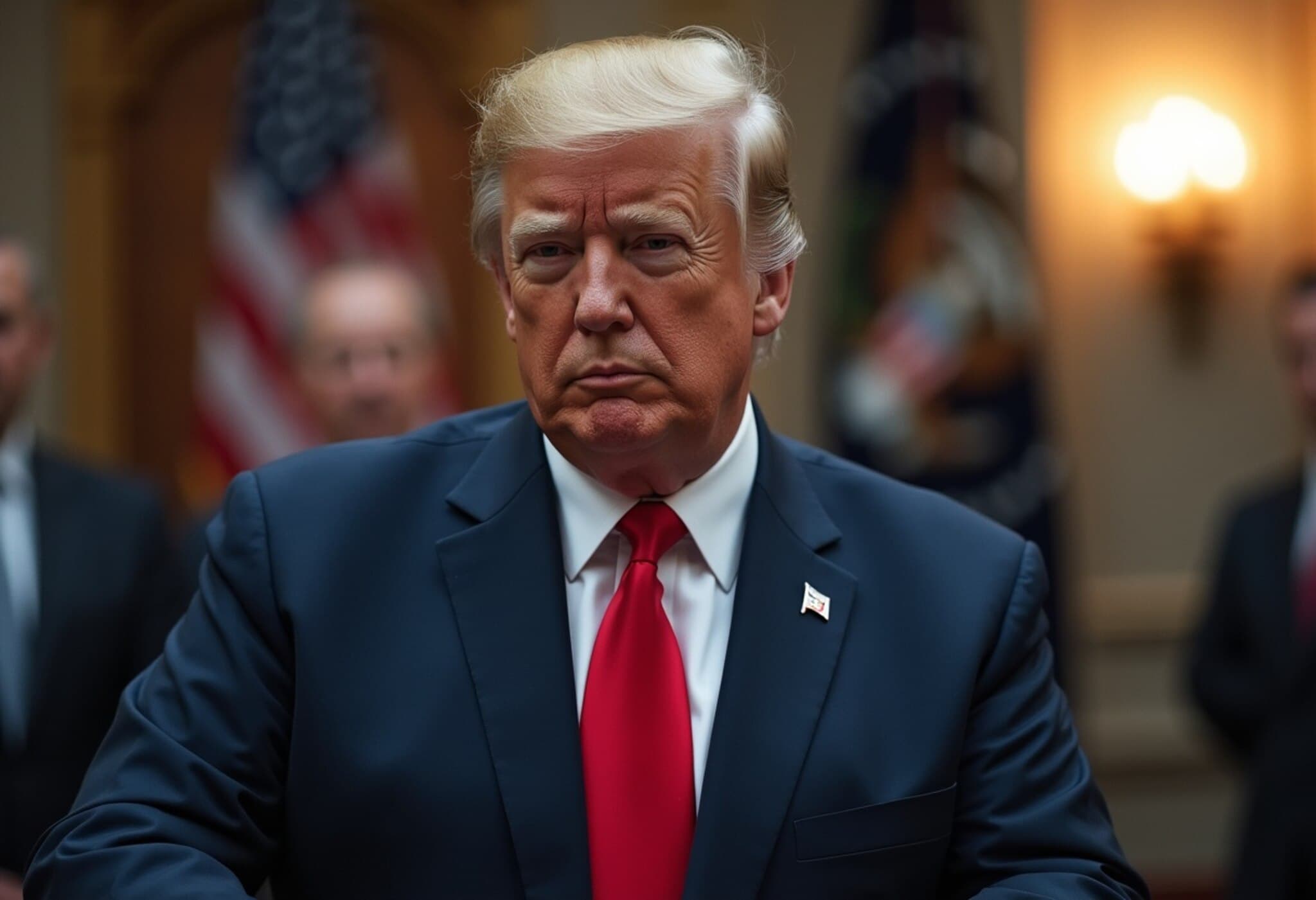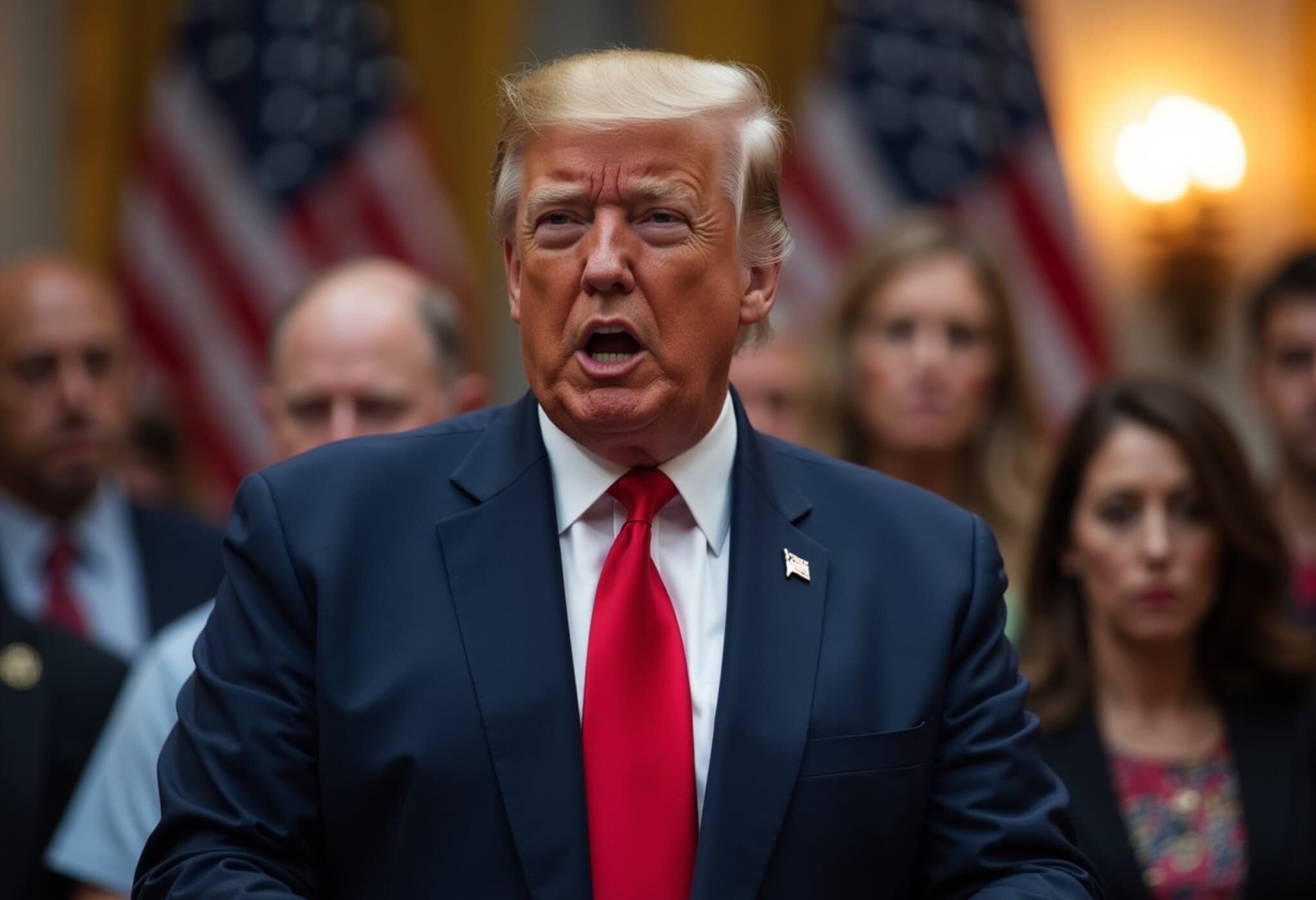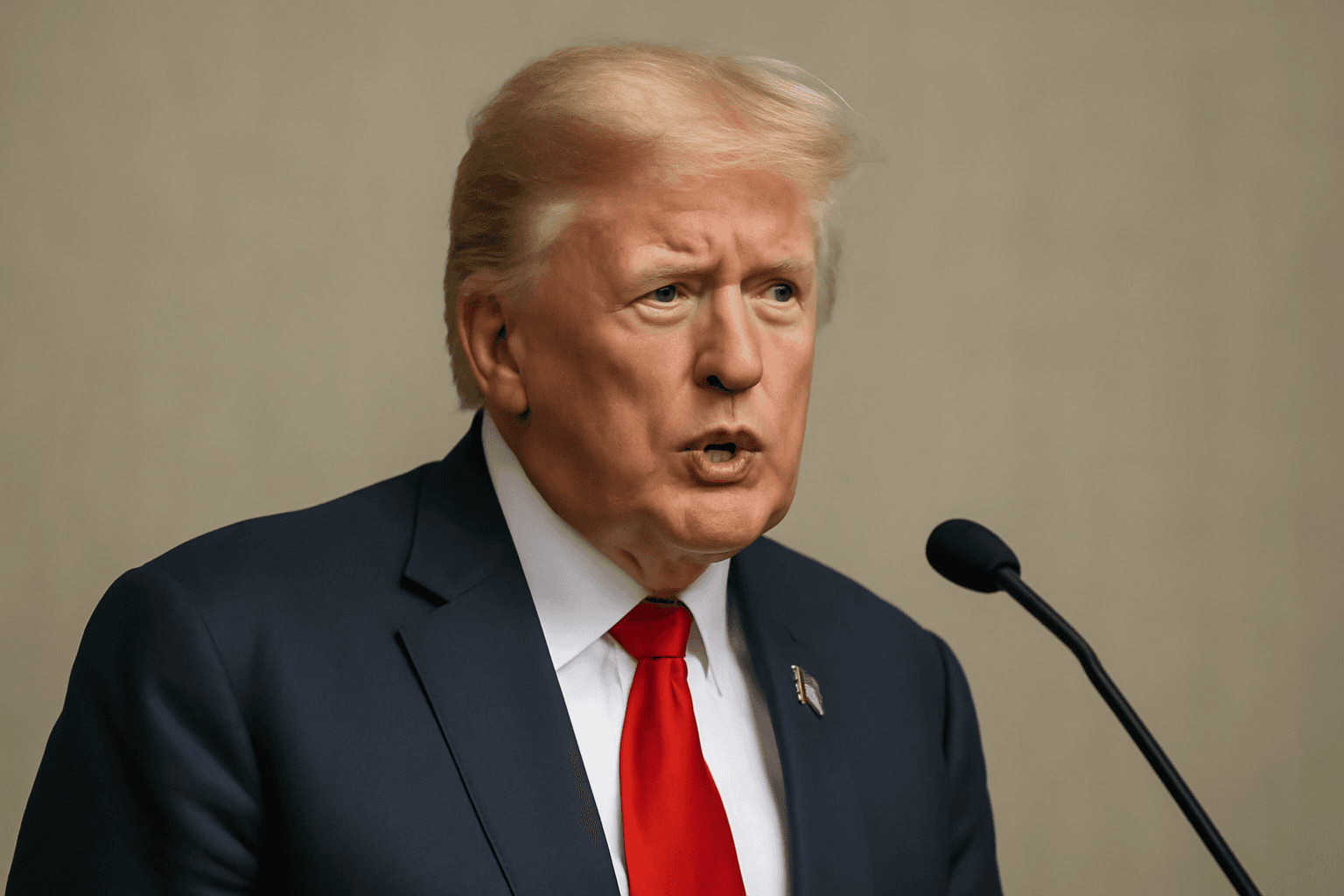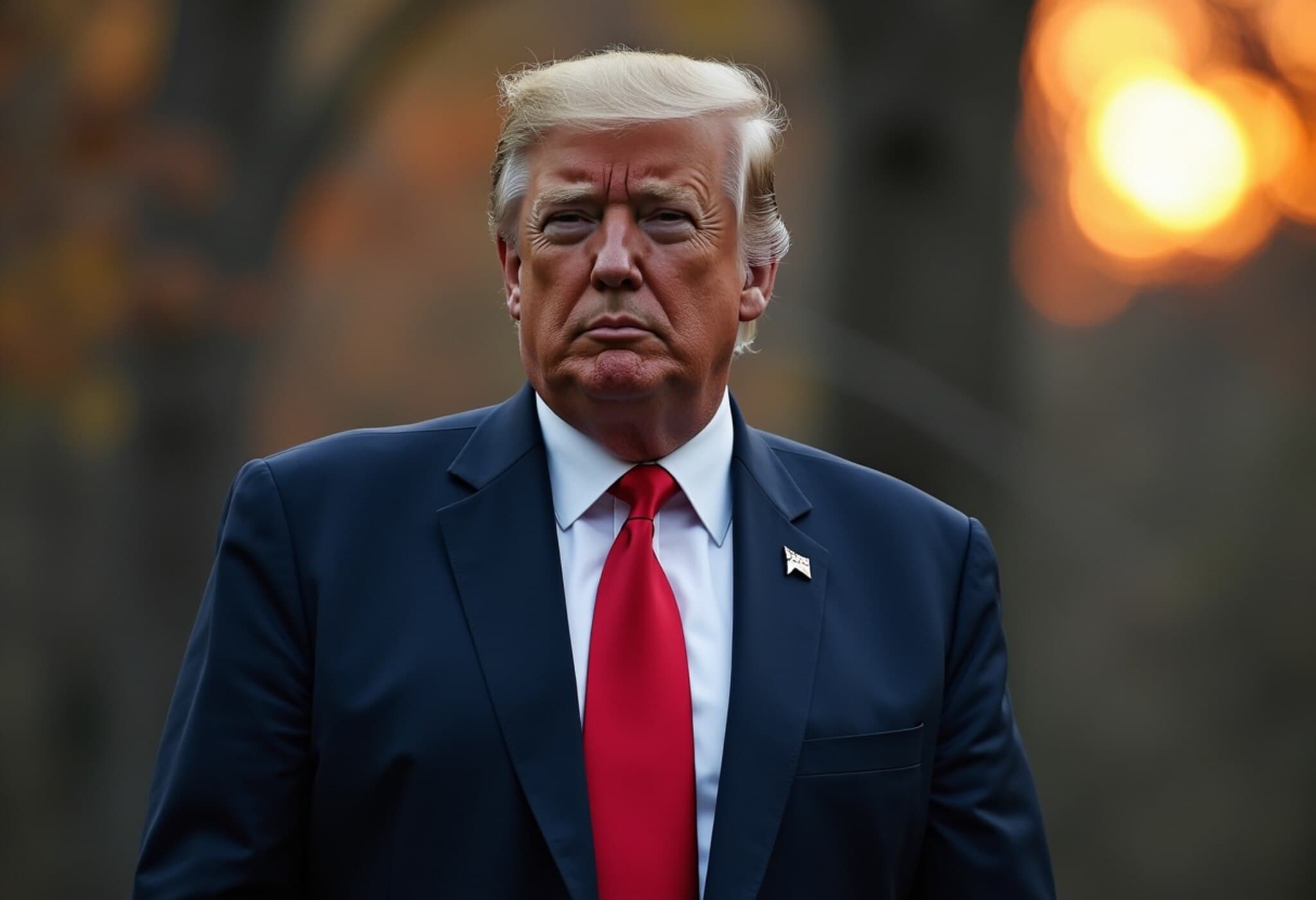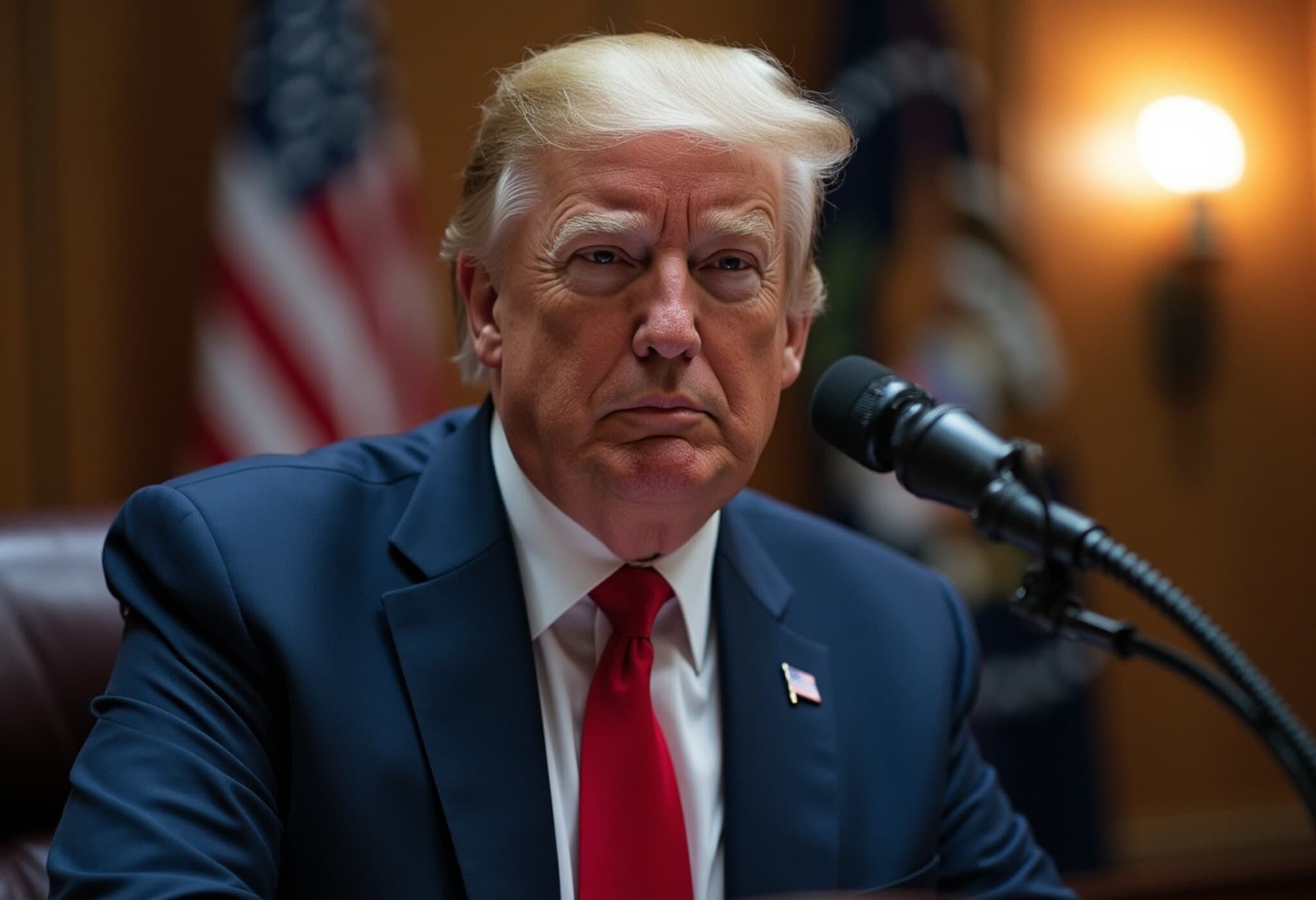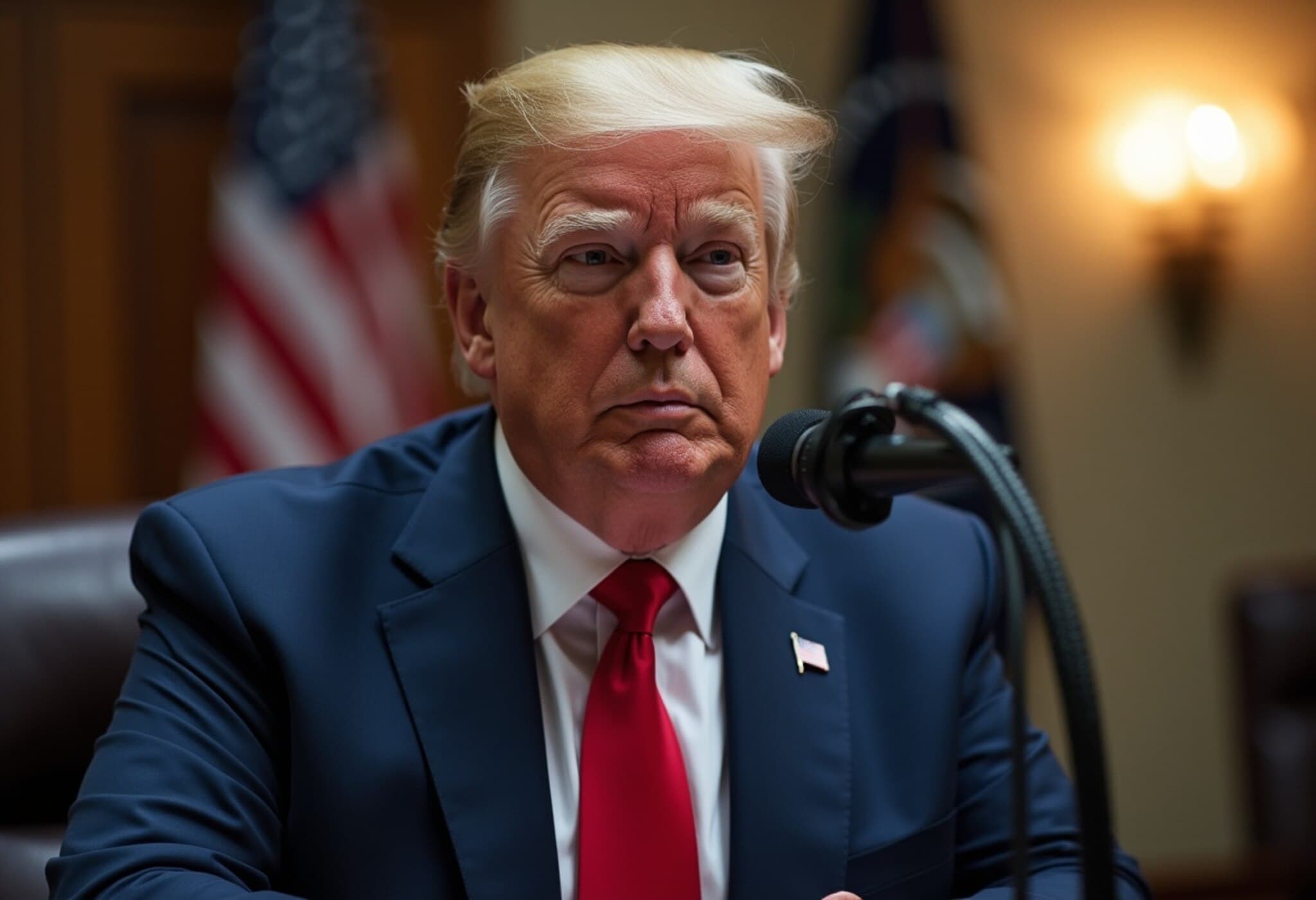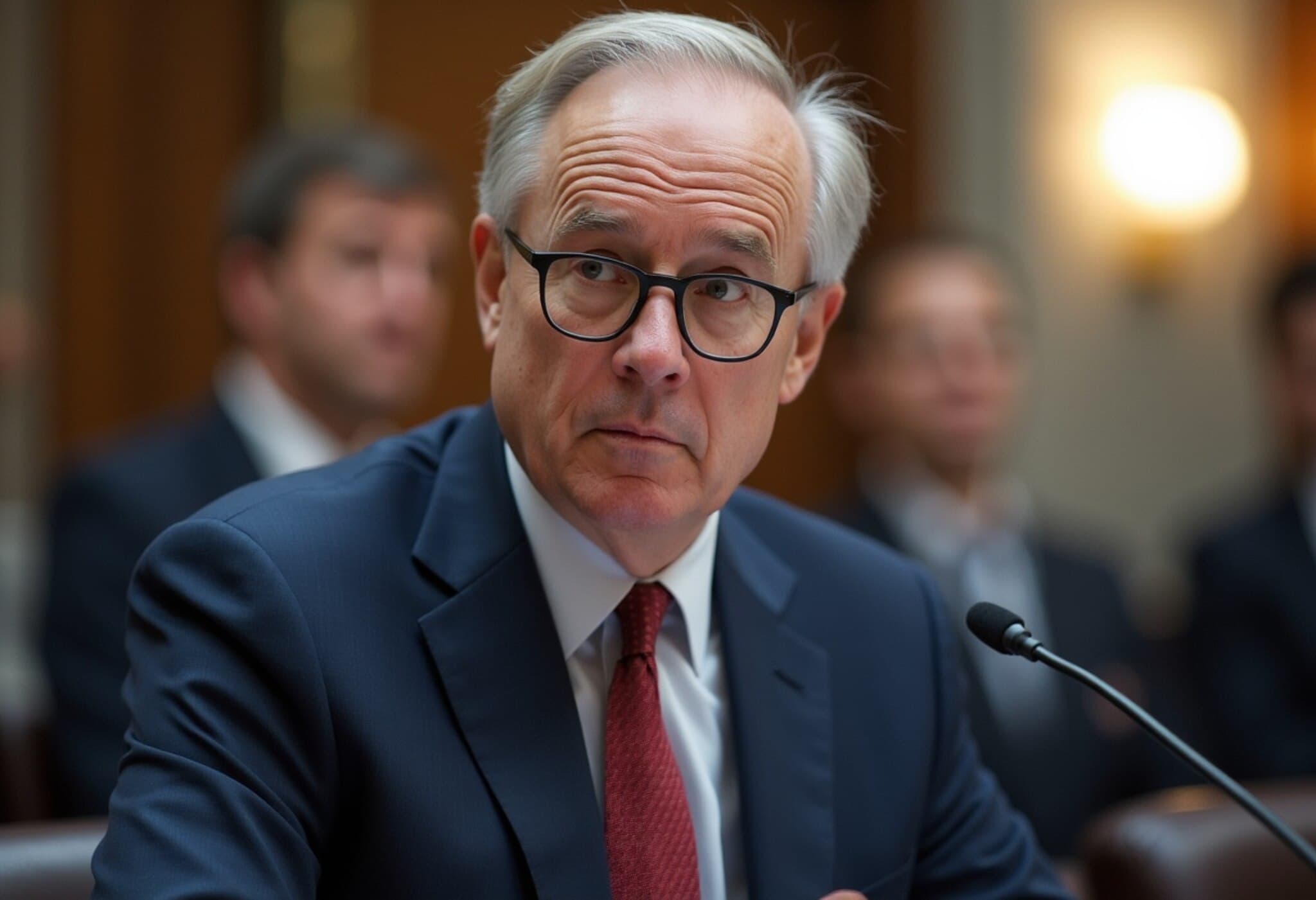How the Epstein Files Became a Political Liability for Trump and the MAGA Movement
Promises of explosive revelations from the Epstein Files were expected to shake the political landscape and expose entrenched elites. Instead, the release—which many hoped would deliver a 'smoking gun' against high-profile figures—fell flat, turning into what critics describe as a squandered opportunity that’s fragmenting Trump’s base.
The Fallout from Friendships and Forgotten Promises
Donald Trump’s connection to Jeffrey Epstein, once described by Trump as a "terrific guy" and by Epstein as his "closest friend for ten years," has resurfaced amid controversy. Leaked materials, including a birthday letter allegedly from Trump to Epstein, have complicated efforts to distance Trump from the disgraced financier. Legal threats have done little to stem the growing political damage. For MAGA supporters, this is less about friendship and more about betrayal, shaking faith in the movement's anti-elite rhetoric.
The Never-Ending Epstein Case: Closure Remains Elusive
Jeffrey Epstein’s death by apparent suicide in 2019 ended a high-profile sex trafficking trial before it began, fueling conspiracy theories, especially within conservative circles. Initial doubt from Trump and his allies turned into anticipation for a revealing grand jury list purportedly exposing powerful abusers. However, the Department of Justice’s recent declaration that the case is closed and no client list exists felt like a reversal of expectation, undermining trust and credibility.
Right-Wing Media and Influencers Rally Against Trump
What’s particularly striking is the backlash coming not from Democrats but from within Trump’s own camp. Influential voices are expressing frustration and suspicion:
- Tucker Carlson lamented being labeled a conspiracy theorist by his own government.
- Megyn Kelly suggested either false promises or active cover-up.
- Steve Bannon warned of heavy Republican losses in upcoming elections.
- Joe Rogan questioned missing evidence allegedly held.
- Elon Musk openly mocked the administration on social media.
This internal dissent signals a significant fracture that could reshape political dynamics ahead of the 2026 midterms.
MAGA’s Identity Crisis: From Outsider Revolt to Establishment Politics
The disillusionment runs deeper than just Epstein. Trump's second term agenda, featuring budget cuts on social welfare, tax advantages for the wealthy, and escalating global military entanglements, contrasts sharply with the populist, anti-elite platform that fueled his rise. Supporters who once chanted "lock her up" now question why their leader seems to be shielding secrets, leading to an existential crisis within the movement.
Why the Epstein Controversy Cuts Deeper Than a Typical Scandal
At its core, the Epstein files situation exemplifies the erosion of expectations. Trump cultivated a persona of fearless disruption and transparent justice. When that facade falters, the disappointment is personal for supporters. Tensions peak when Trump dismisses critics in derogatory terms, signaling a detachment from the grassroots energy that propelled him.
The Road Ahead: Can Trump Rebuild Trust?
Trump announced intentions to have Attorney General Pam Bondi release all grand jury materials related to Epstein. Yet skepticism abounds. For a constituency that demands evidence and spectacle, mere documents will likely be insufficient. Polling already reflects declining enthusiasm, with potential consequences for Republican turnout and success in upcoming elections.
Key Questions and Underreported Angles
- What does the Epstein Files saga reveal about the broader trust crisis within American populism?
- How might internal dissent among right-wing influencers influence Republican strategies going forward?
- What legal and ethical implications arise from the handling—or mishandling—of sensitive grand jury materials?
- How does this controversy affect the broader bipartisan discourse on justice and elite accountability?
Editor’s Note
The Epstein Files debacle is more than a single episode; it underscores a pivotal moment of fracture within the MAGA movement. For political leaders, it illustrates the delicate balance between promise and delivery, image and reality. As the 2026 midterms approach, the question remains: can Trump and his movement reconcile internal distrust and restore their populist momentum, or is this the beginning of a lasting schism? Readers should watch closely how these dynamics unfold, as they offer critical insights into the challenges facing modern American populism and the sustainability of political outsider brands in established systems.

